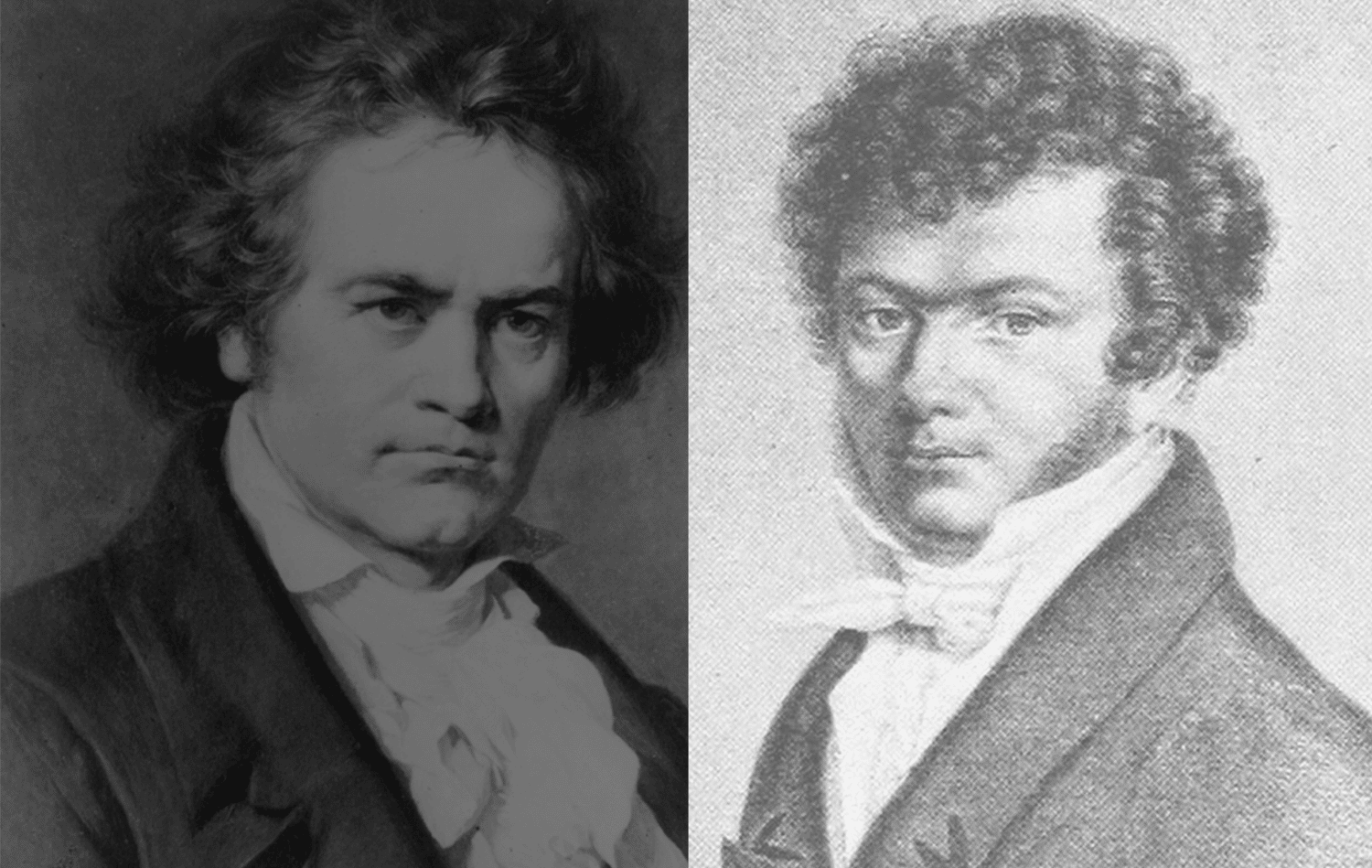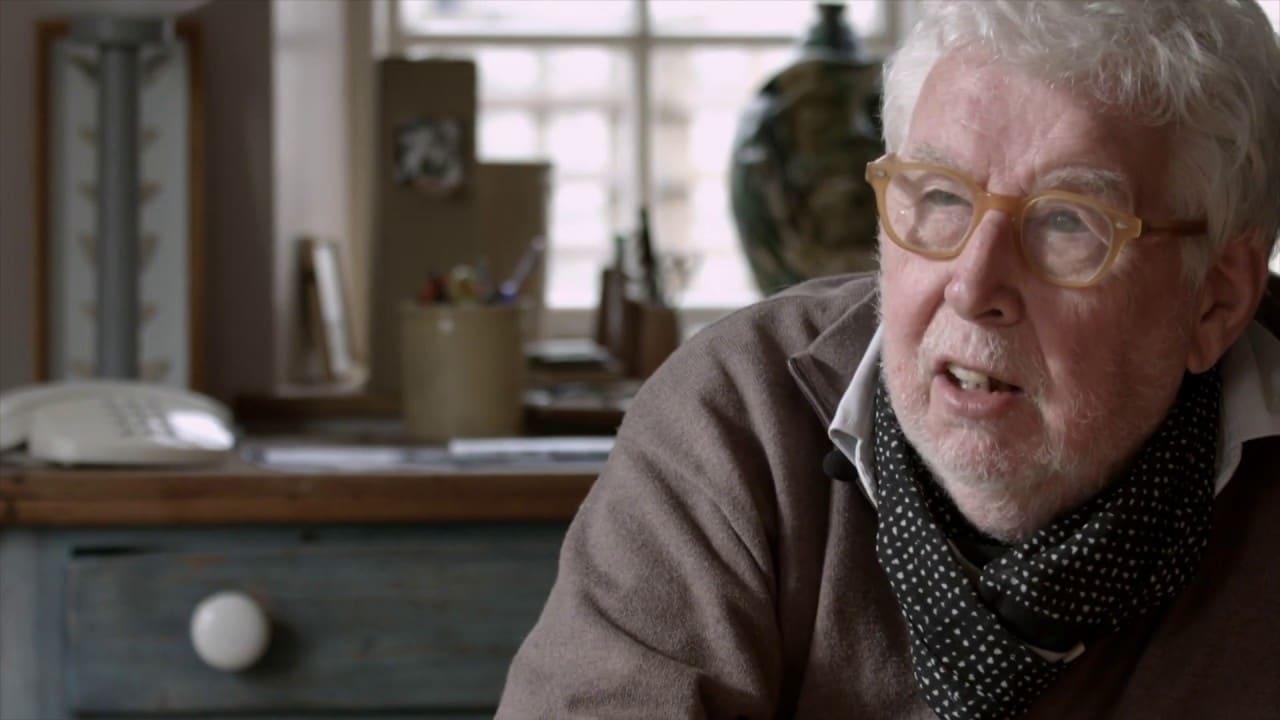Beethoven’s secretary was truer than he knew
Album Of The WeekFrom the Lebrecht Album of the Week:
While writing a book about Beethoven (to be published next year), I recoiled from many of the pupils, acolytes, secretaries, amanuenses, self-seeking musicians and all sorts of hangers-on who lived off their connection with the great man and published reminiscences of him, many of them invented. A singular exception was Ferdinand Ries, a young man from Beethoven’s home town who grew up in the Bonn court orchestra and shared some of the same teachers. Ries, so far as I can tell, never made up stories about Beethoven or made him out to be anything other than he was — a towering genius with a terrible temper….
Read on here.
And here.
In The Critic here.
En francais ici.
In Spanish here.






The pianist Susan Kagan has recorded at least 3 CDs of the works of Ferdinand Ries for Naxos.
And she (Susan Kagan) has recorded several CDs of (and written the biography of) Beethoven’s most famous pupil, the Archduke Rudolf.
N.L. seems to lump everyone but Ries together as being unreliable sources, but Rudolf hardly exploited the relationship for his own benefit (nor did he need to of course, given his rank in life), and his relatively few preserved anecdotes seem reliable enough because they are not self serving.
After reading Norman’s review of a new cd of Ries compositions, I immediately went into my QOBUZ subscription. There are at least 40 Reis cds by various artists. All steaming in flac and many in high resolution.
Listening now to one through my stereo hifi system. A CPO cd of piano quartets & sextets by the Ensemble Concertant Frankfort.
In 1805 Ferdinand Ries, as a German national was ordered to return to Bonn to be conscripted into the French revolutionary army which had occupied Bonn and the Rhineland. But the smallpox which he had contracted as a child had resulted in the loss of an eye, and he failed the medical.
He returned briefly to Vienna in 1808-9, but then left the city for good. He settled in London in 1813, marrying an English woman, Harriet Mangeon.
On 3rd April 1816 he wrote to Ries: “… All my good wishes, my dear R, and my kindest regards to your dear wife and also to all those beautiful Englishwomen to whom my greetings may give pleasure …”
A month later he wrote: “… My best greetings to your wife. Unfortunately I have no wife. I have found only one whom no doubt I shall never possess. Yet I am not on that account a woman-hater …”
As a member of the Philharmonic Society of London Ries was tireless in his promotion of Beethoven’s music, and was instrumental in securing him the commission for the new symphony which was to become the Ninth.
Later when Beethoven sent the score of the Hammerklavier sonata to Ries to have it printed in London, he sent a letter with two additional notes to be played before the Adagio sostenuto which puzzled Ries until he tried playing them himself.. The London edition Beethoven said could swap the inner parts around, so the scherzo would be third!
Ries left London in April 1824 after giving a farewell concert, and moved with his wife to Godesberg. He had accumulated considerable wealth from teaching and composition, but lost much of it when the London bank in which he had invested failed.
About 1830 he moved to Frankfurt and in 1834 to Aachen, where he was appointed head of the town orchestra and Singakademie. But the duties of office did not suit him and he returned to Frankfurt two years later. He died after a short illness in January 1838, at the age of just fifty-three.
Ferdinand Ries was a fine pianist and prolific composer, leaving nearly 180 works, including symphonies, operas, oratorios, chamber music and solo piano pieces – none of which have remained in the repertory.
As one of Beethoven’s closest associates, his views on the composer – collated in a book he published with Franz Wegeler in 1838 – are hugely reliable, indeed invaluable.
Folks listen to Ries’s fifth symphony, it sounds like a send up of Beethoven’s!
https://www.youtube.com/watch?v=LnTf57Ix4v8